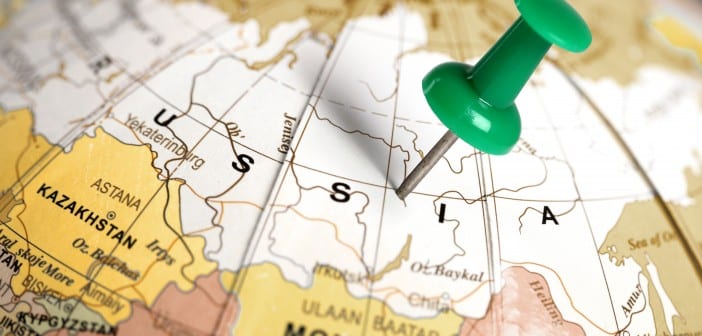“My grandma was born in 1939 in Kiev, Ukraine,” says Broadly essayist Polina Bachlakova. Between the ages of 24 and 35, Bachlakova’s grandmother would undergo most of the dozen abortions she would experience in her life. Bachlakova researched her family’s history and found that her grandmother was raised during a period of Russian history in which women endured (and still endure) some of the highest abortion rates in the world. Myriad factors are cited for the prevalence of abortion. The communist breakdown of the marriage relationship and family unit, at the core, spurred this astronomical abortion rate.
Bachlakova set out to understand the Russian abortion rate and the correlating effect on her grandmother and the women of her era. She recounts her grandmother’s upbringing by a “hard-lipped, single father in a tiny apartment.” After earning a chemistry degree, she met Bachlakova’s grandfather and gave birth to a daughter – Bachlakova’s mother. She would have another child 11 years later, at the age of 35. In-between the two live births occurred many abortions – and her story was not anomalous among her peers.
Bachlakova was nervous that her grandmother would hesitate to share her harrowing experience of multiple abortions in the USSR. “Yet,” Bachlakova recalls, “as she picked up, my grandma was calm, matter-of-fact, and minimally emotional, as if she were recalling the plot of the last film she had watched.” Her grandmother said she had never told anyone about her experience, perhaps reinforcing the nonchalant attitude toward abortion which pervaded Russian culture. “Nobody ever asked,” she said.
Bachlakova’s grandmother recounted minimal involvement from her partner. “Your grandfather knew about my pregnancies, but he didn’t really help,” she told Bachlakova. “He drove me to the abortions one or two times, but never went in with me.” Likewise, acknowledging the realities of sexual relationships was taboo in Soviet Russia, which contributed not only to a lack of sexual education among citizens, but also to an absence of healthy communication between sexual partners like Bachlakova’s grandparents.
“As my grandmother and I neared the end of our discussion,” Bachlakova said, “I grew angrier and sadder on her behalf. She lived in a country that chose to turn a blind eye to the fact that so many women were choosing to have abortions – a place that refused to admit that its traditional beliefs about sexuality and motherhood were causing demonstrable harm to women.”
And according to Bachlakova’s grandmother, this absence of concern for the wellbeing of women had reverberating consequences, including a failure to acknowledge the effects of abortion – numerous abortions – on countless Russian women. “You never really found out how they affected women,” said her grandmother. But we know that abortion affects women.
Women deserve to know the risks and consequences of abortion before they make the decision to undergo one. That is why, for example, Pro-Lifers fight tirelessly for comprehensive informed consent materials to be provided to women considering abortion. The experiences of Russian women are paradigmatic of a persisting, global attitude toward women’s health. Today, women are still treated as if their fertility is fundamentally problematic and are told – even in developed countries – that abortion can solve problems that realistically cannot be solved without re-thinking the way women’s health and fertility are addressed at large.


